Cleaning experts reveal the 8 essential oil cleaning mistakes including never mixing with bleach – and what to do instead
These are the most common errors
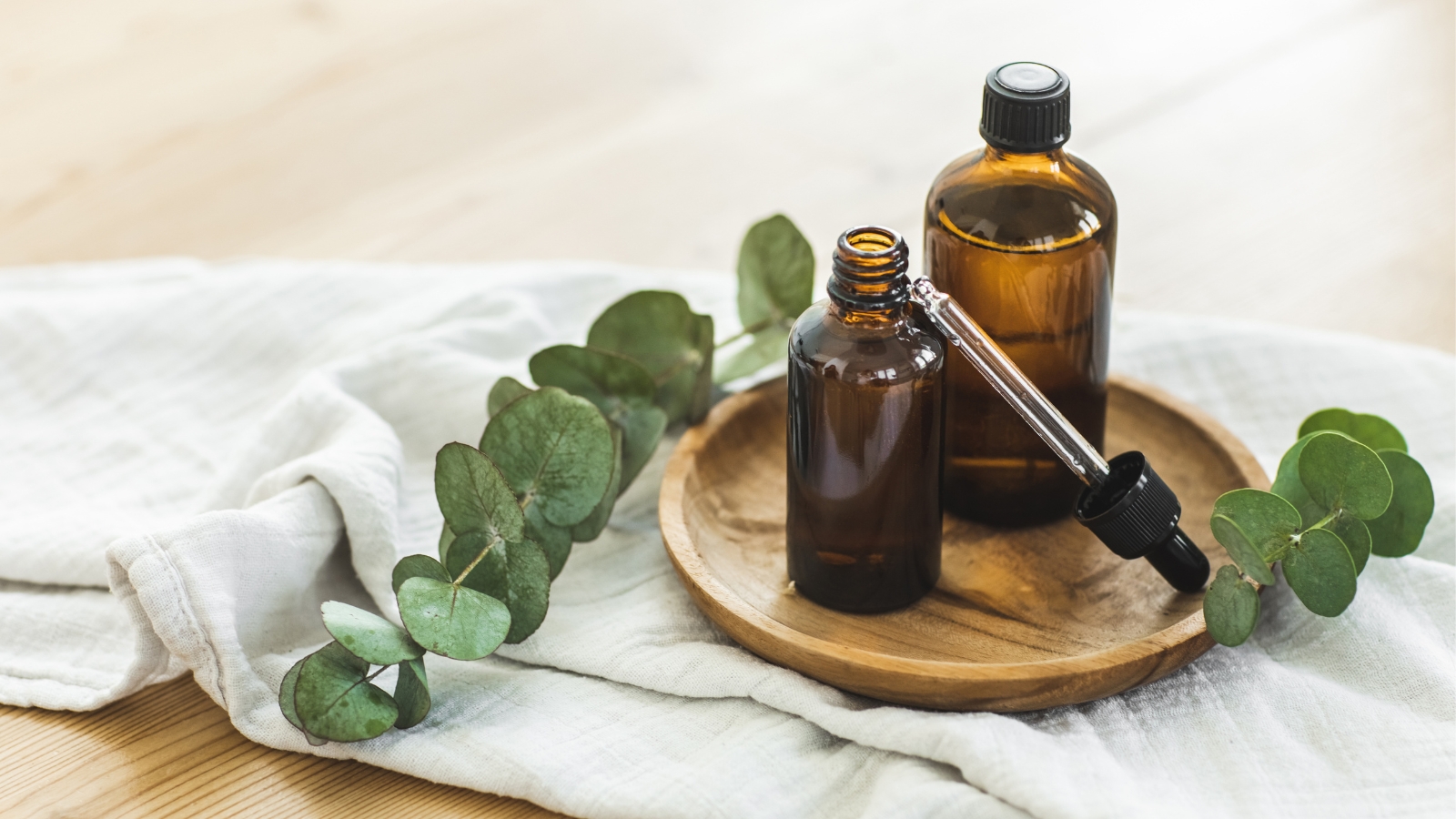

Essential oils can make natural cleaning more enjoyable and effective, but using them improperly can reduce their benefits or even cause damage.
From forgetting to shake, to combining with bleach, our cleaning experts reveal eight of the most common mistakes to avoid.
A perfect addition to your ultimate cleaning supplies list, essential oil can work wonders to your cleaning routine if you avoid these common mistakes.
1. Not reading labels

Essential oils vary in strength and purpose. Not reading the label can lead to overuse or misuse.
Steven Ip, founder of Cleanzen Boston Cleaning Services, says, 'Many consumers overlook the importance of reading labels when purchasing essential oils, which can lead to choosing products with harmful additives rather than pure, organic oils.
'For the safety of both your family and your pets, always opt for organic essential oils. Look for brands that provide clear and transparent ingredient information, and research them online if you're unsure.'
Ip recommends Plant Therapy as a reputable brand, adding, 'Plant Therapy's Organic Rosemary Oil is an excellent choice, in particular, due to its natural antibacterial properties.'
Always check if an oil is suitable for cleaning and follow any dilution guidelines for safe use around pets, kids, and sensitive surfaces.
2. Failing to dilute
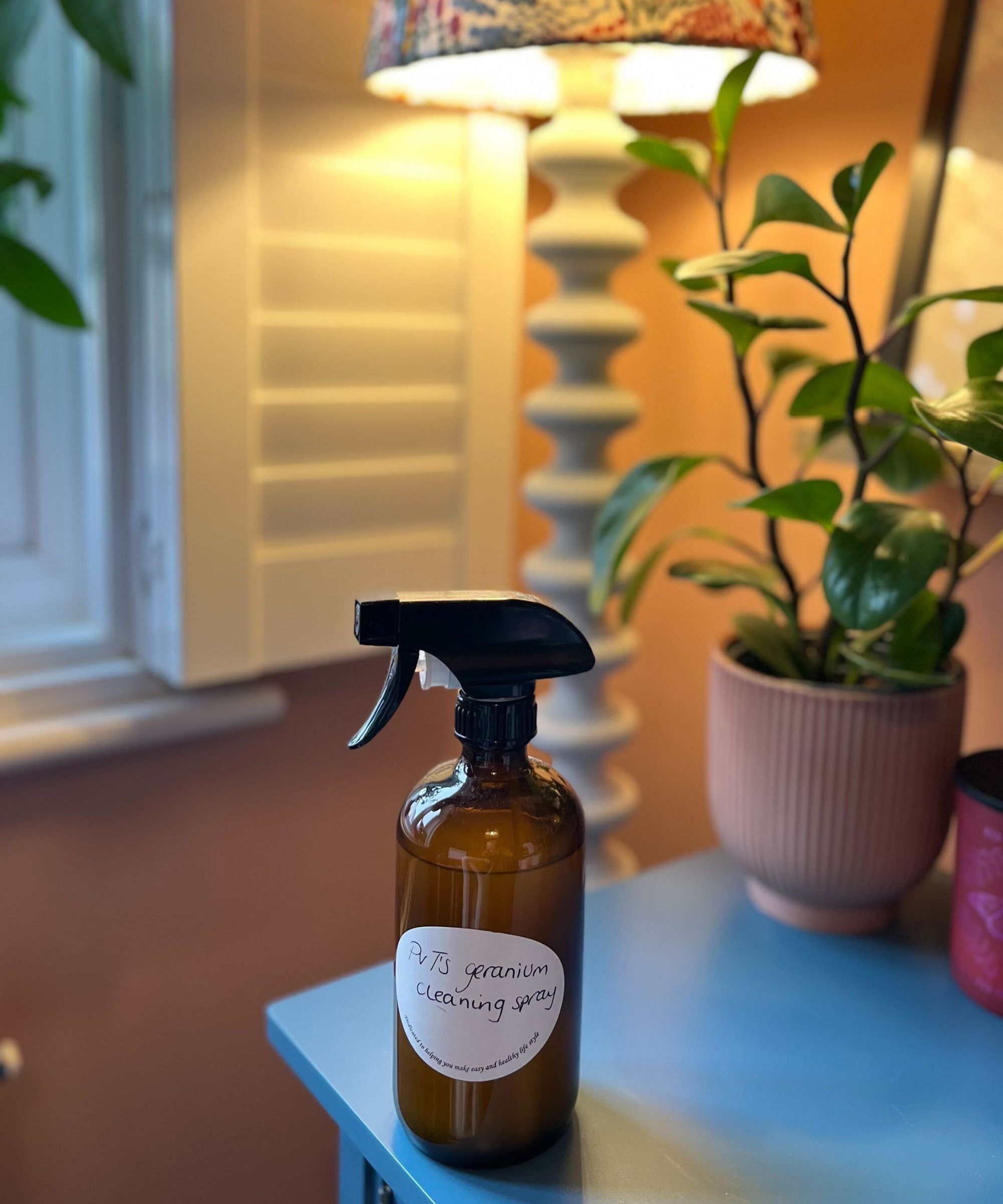
Essential oils are highly concentrated and should never be used undiluted for cleaning.
Ip says, 'Applying essential oils in their concentrated form can cause skin irritation and diminish their effectiveness. Essential oils should always be diluted in water, carrier oils (such as sweet almond or jojoba oil), or other suitable liquids before use.'
Steve Evans, owner of Memphis Maids, adds, 'Remember that it’s a concentrate – you don’t need to use too much. Using a dropper like these LANDNEOO Glass Eye Droppers from Amazon can help you keep track of what you’re using.'
Essential oils can also be overused when washing clothes. For top tips, check out our guide on how to use essential oils in laundry.
All prices correct at time of publication.
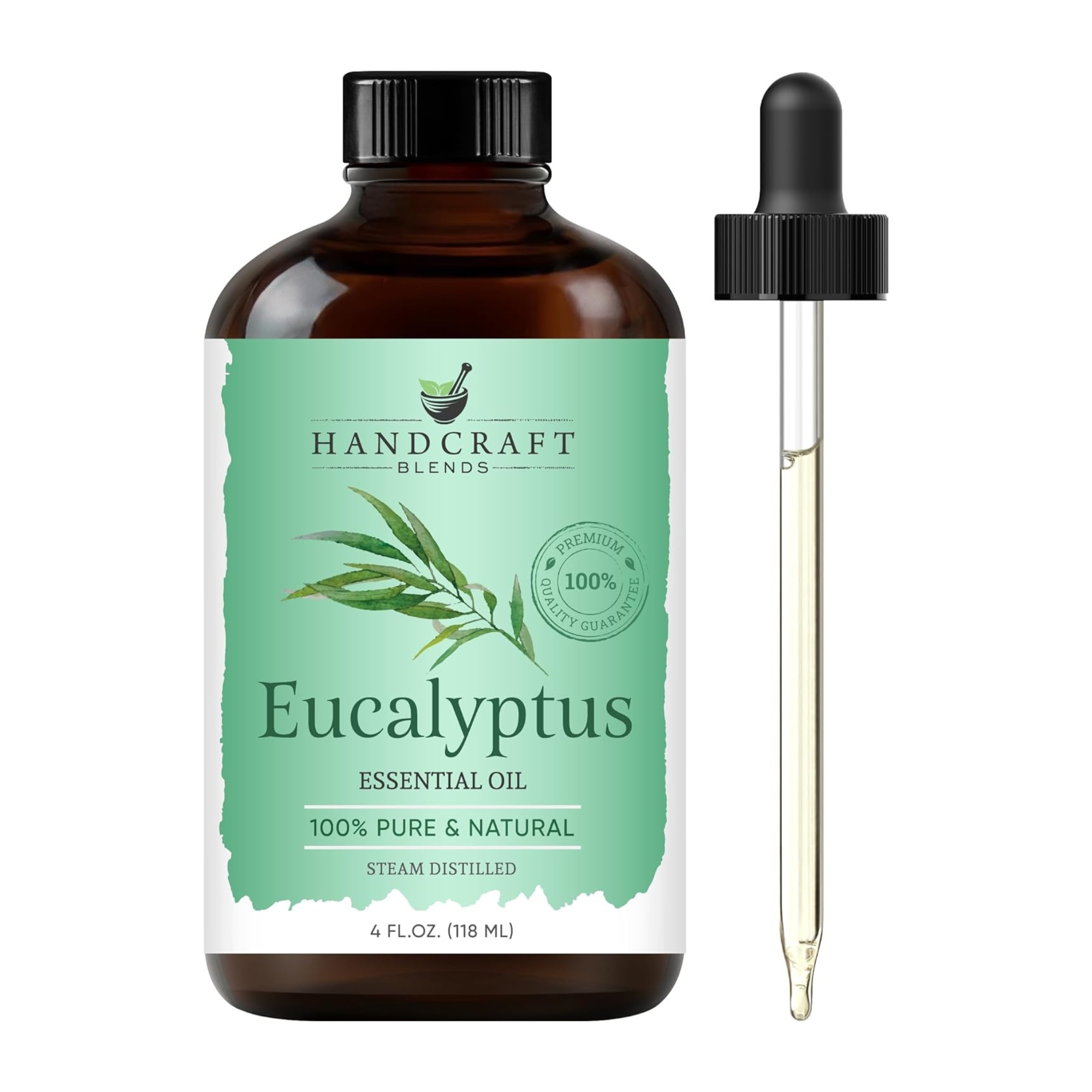
This 100% pure eucalyptus oil has a bold, fresh, herbal smell. The amber glass bottle keeps out UV rays and protects the oil from degrading in sunlight.
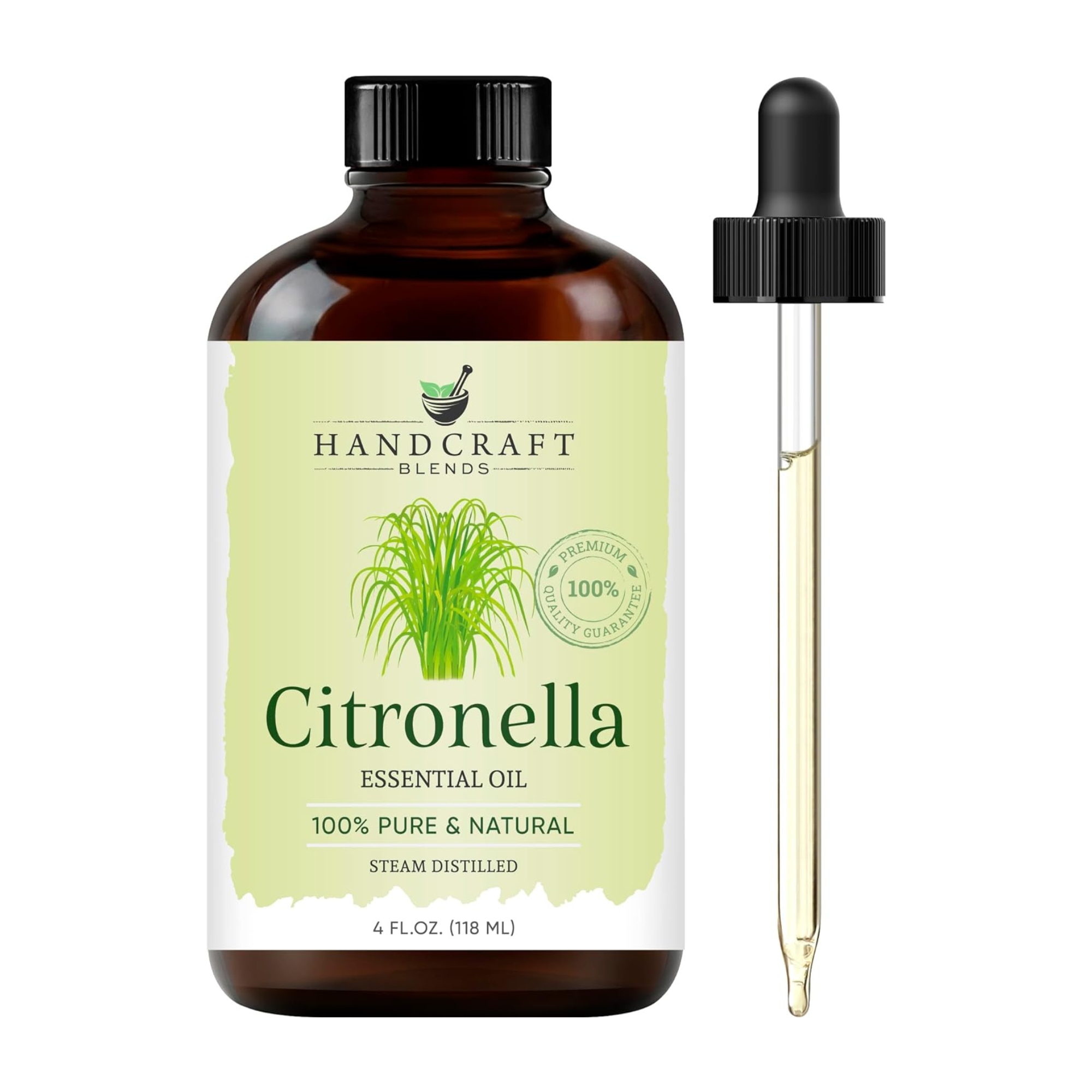
This Handcraft Blends Citronella is a great choice if you're looking for a lemony, grassy scent that's bright and fresh. It also helps repel insects from your home.
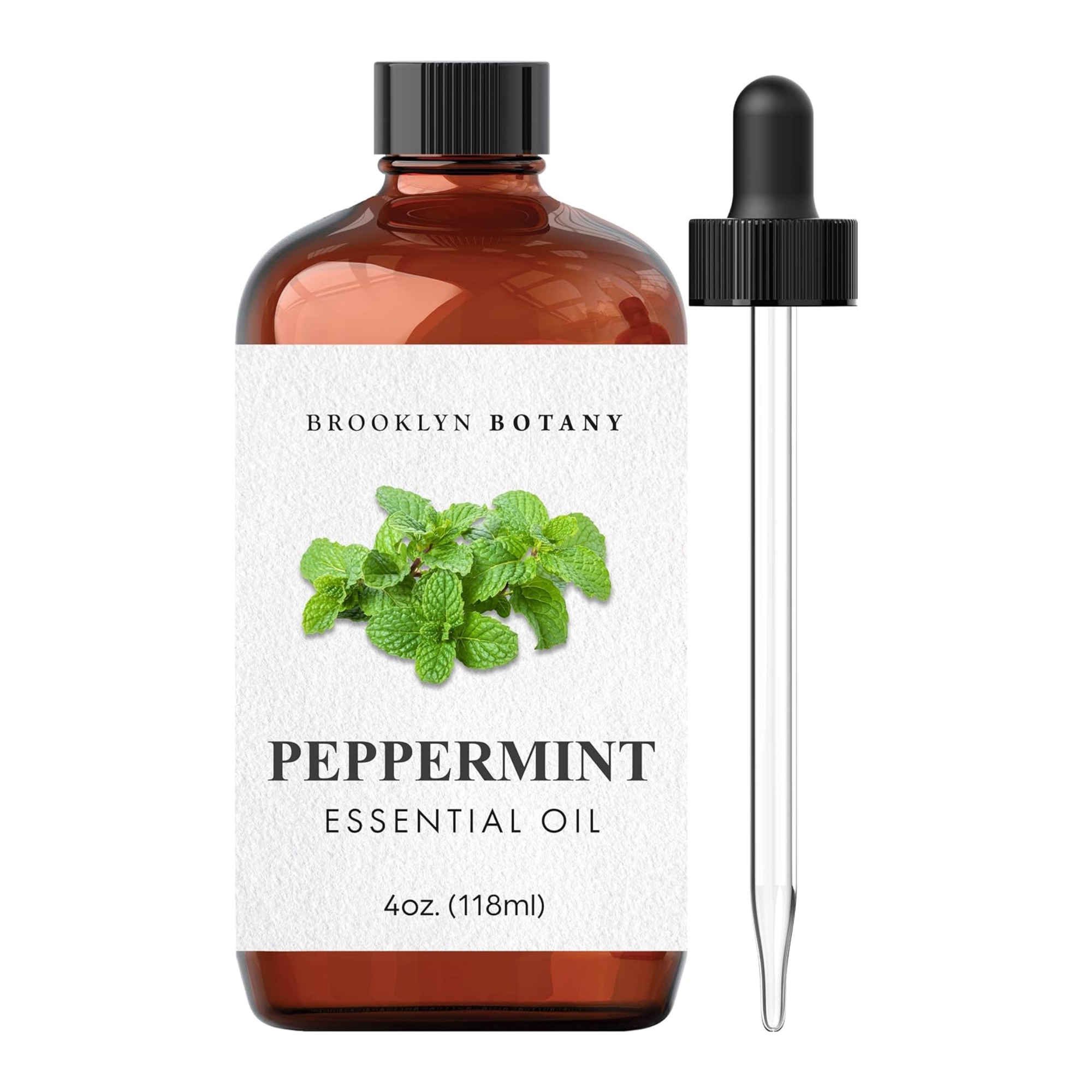
Peppermint oil is another great choice if you're looking for something minty and refreshing. Sourced in India, this peppermint oil is great for fragrant cleaning.
3. Improper storage
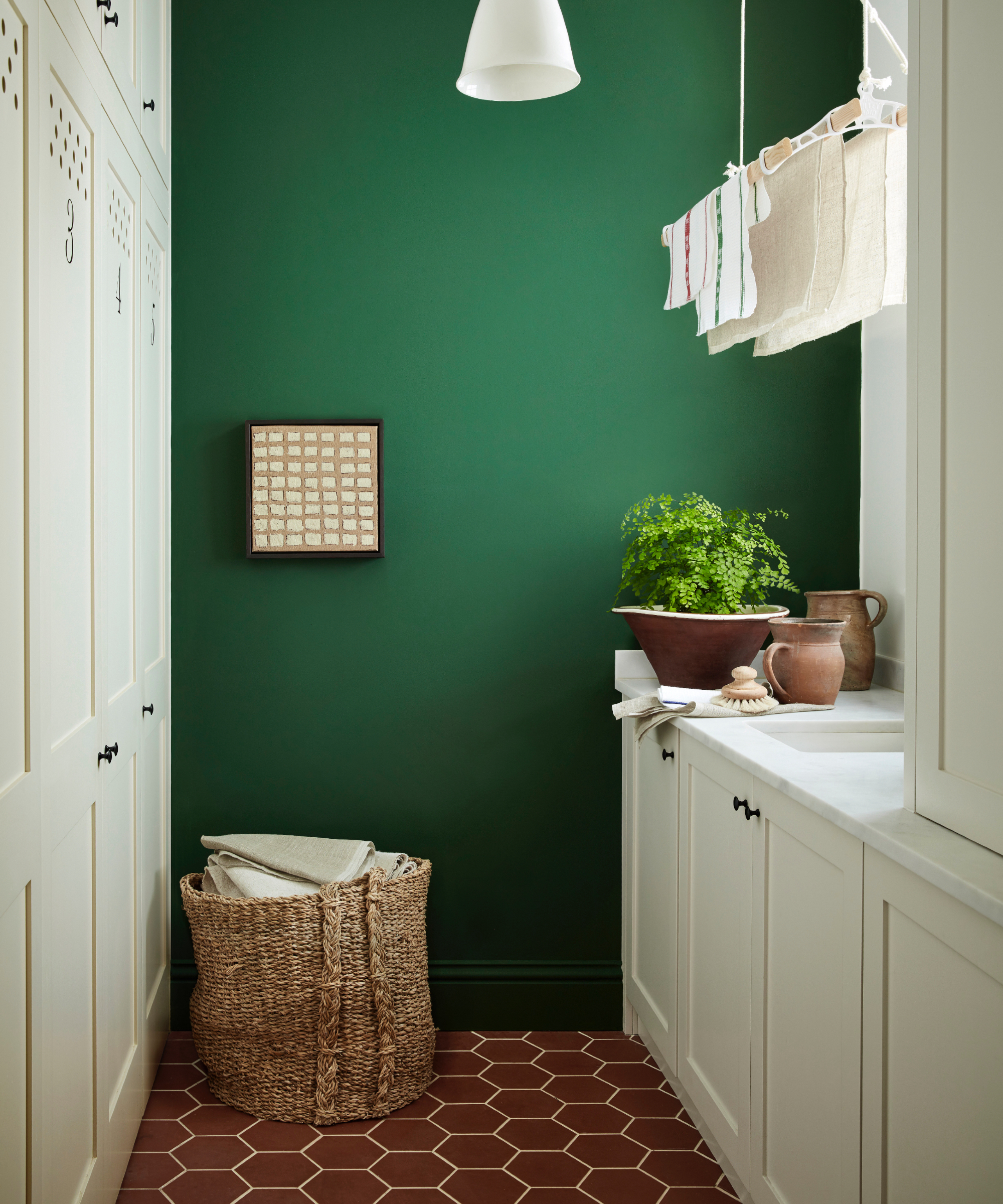
Essential oils degrade if exposed to sunlight, heat, or air.
Ip says, 'Try to avoid putting essential oils in clear containers or exposing them to sunlight, as this can degrade their quality over time. It's best to store them in dark glass bottles to protect them from light and heat.'
Karina Toner, operations manager at Spekless Cleaning, recommends these LiBa Amber Glass Spray Bottles from Amazon, adding, 'The amber color preserves the potency, while the spray nozzle allows for even application without risk to surfaces.'
4. Relying solely on oils
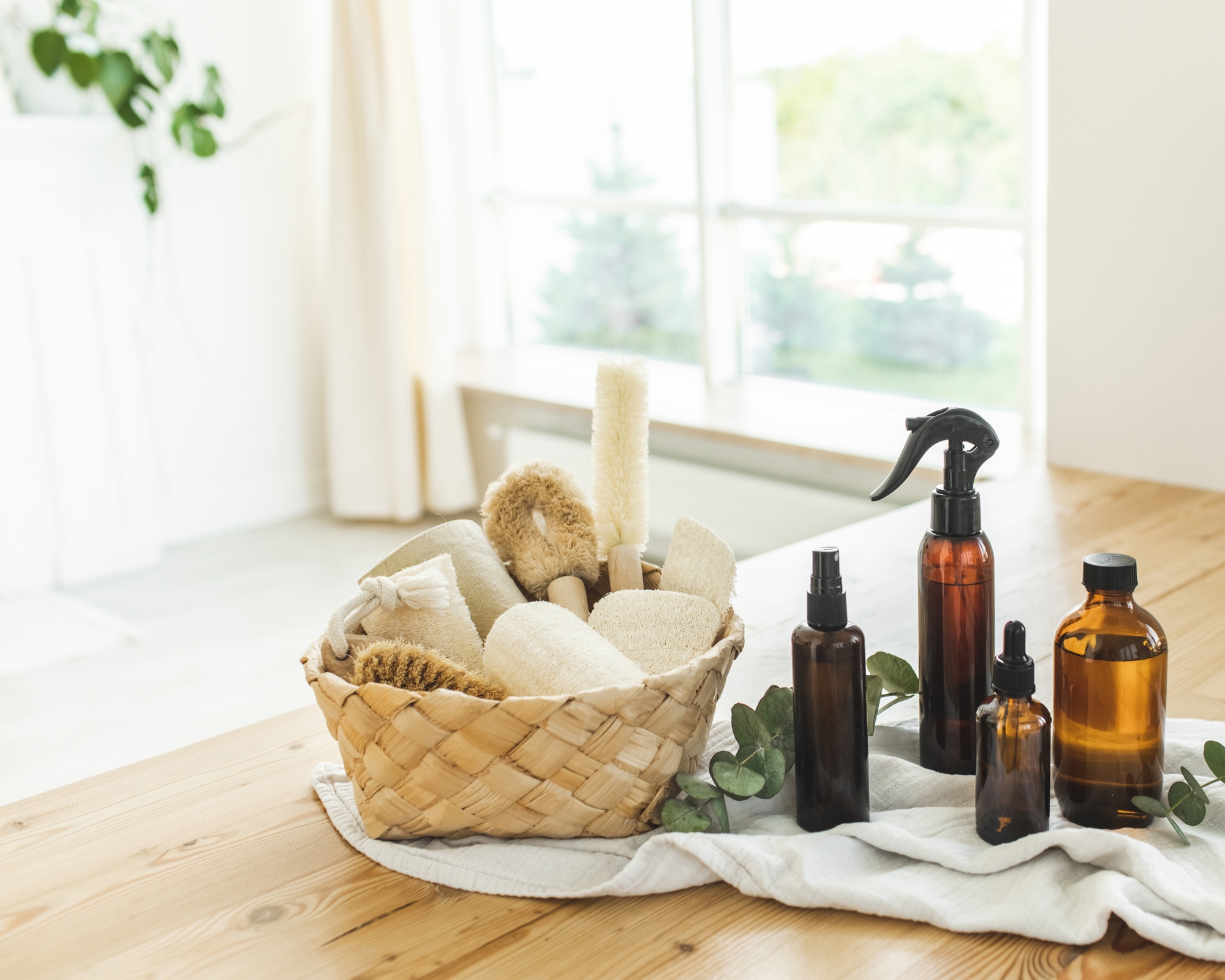
While essential oils have natural antibacterial properties, they don’t replace stronger disinfectants. Use them alongside other cleaners to sanitize, especially on high-touch areas. Essential oils can enhance cleaning but shouldn’t be the only ingredient.
Will Cotter, owner of HappyCleans, says, 'Use essential oils as an add-on to your cleaning routine, not the main event. Sure, oils like tea tree and lavender can disinfect and leave your space smelling fresh, but they often lack the muscle to remove tough grime or stains.
'For heavy-duty cleaning, you can use store-bought cleaners. For your day-to-day cleaning, oils are best paired with natural ingredients like vinegar and baking soda [both available on Amazon] to do a much better job.'
To create a cheap but effective all-purpose cleaner, Cotter recommends a mix of white vinegar, essential oil and water. He says, 'Mix a cup of water (tap is okay but distilled is best), a cup of white vinegar, and about 10-20 drops of your fave essential oil in a spray bottle, depending on how strong you'd like the scent to be.'
This Good & Gather White Distilled Vinegar from Target comes with great customer reviews, plus this 128-oz bottle will last and last.
Cotter adds, 'You can spray it on countertops, sinks, and even bathroom tiles. Just be careful not to use it on natural stone surfaces like granite or marble, as the vinegar can be a bit too harsh for those.'
5. Forgetting to shake
Oil and water don’t naturally mix.
Cotter says, 'Though they can form a great duo, oils and water don’t naturally blend, and that means your cleaning solution could be unevenly potent. Some sprays might have all the cleaning power, while others are just, well, water. So, before using it, shake it well. It only takes a few seconds!'
To help your essential oil cleaning spray mix and stick to grime and grease better, add a couple of drops of dish soap, which will act as a surfactant, breaking the surface tension to improve grip.
For advice on the best scents to go for, check out our guide on how your home's fragrance can affect its Feng Shui.
6. Using low-quality oil
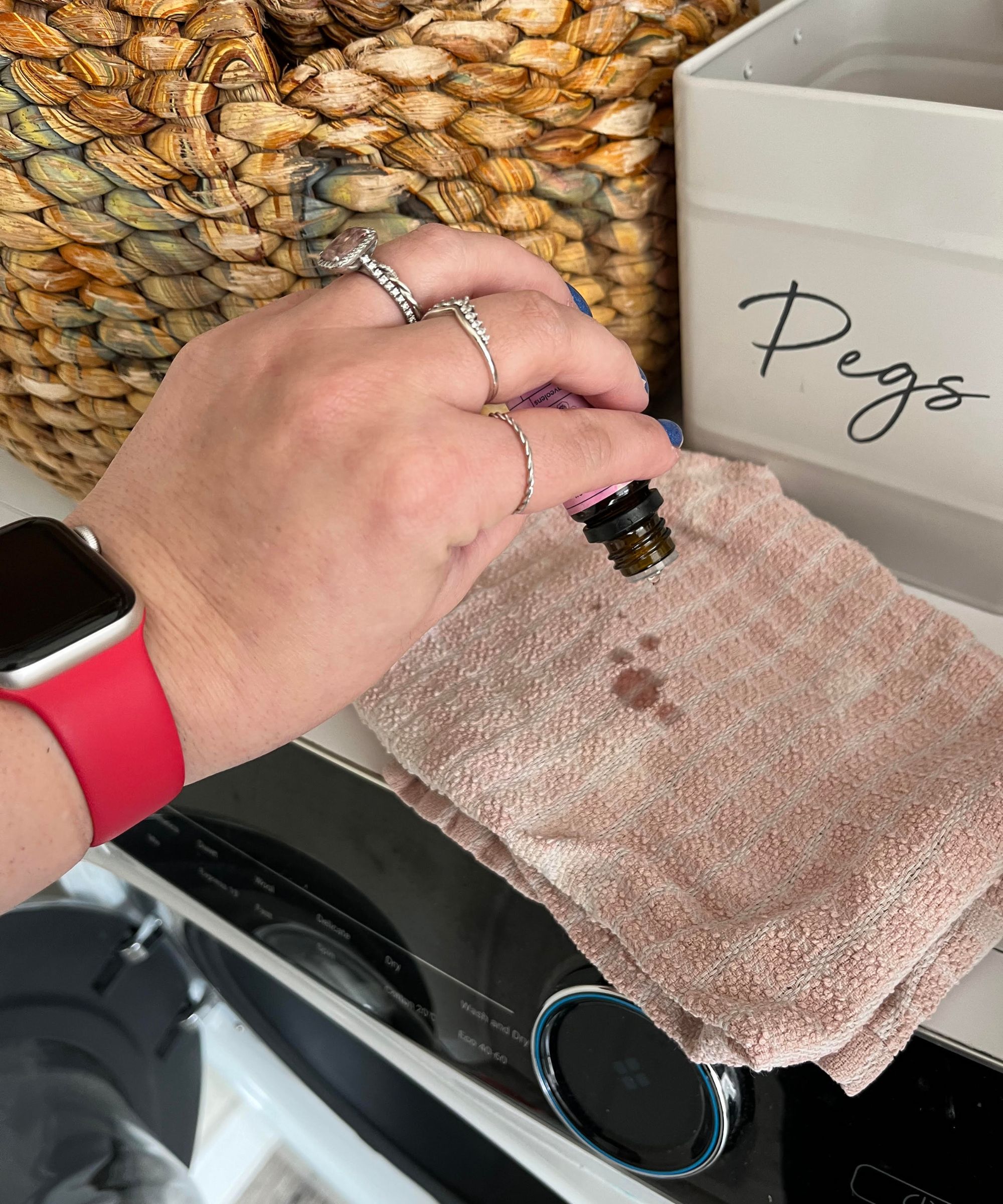
Not all essential oils are created equal. Lower-quality oils often contain additives or synthetic fragrances, reducing cleaning power.
Cotter says, 'Some of those bargain brands can contain fillers or synthetic ingredients, so they pack less cleaning punch. You definitely want to opt for high-quality, pure oils from reputable sources. My favorite nowadays is this Young Living Premium Grade Lemon Essential Oil, available from Amazon. It’s 100% pure, smells delightful, plus has natural antibacterial properties!'
Opting for high-quality products is the first of our four fragrance hacks to make your home smell expensive.
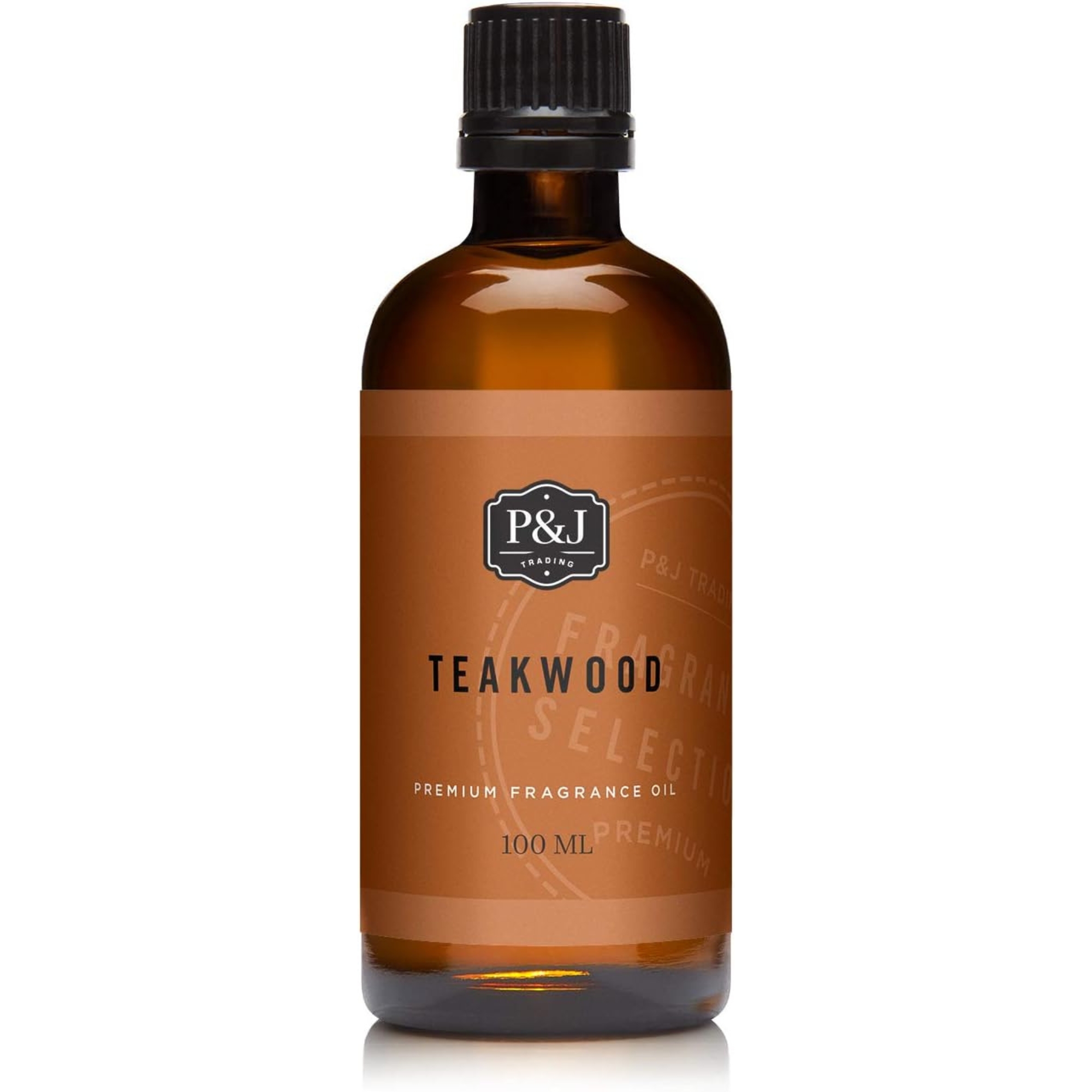
Contained in an amber shade bottle with easy dispensing dropper cap, this unusual essential oil fragrance will give your surfaces that 'candle scent'.
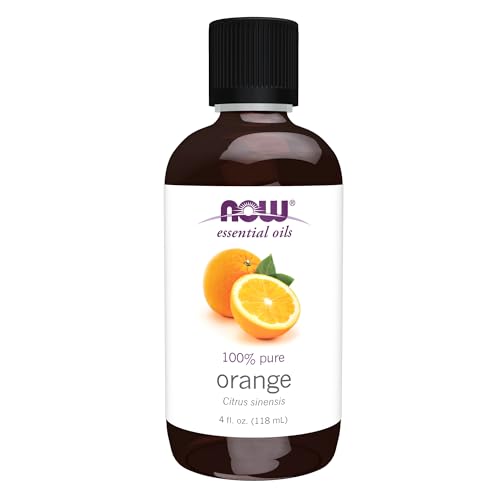
Cold pressed from fresh fruit peels, this 100% pure, naturally-sourced 4 fluid oz orange essential citrus oil is refreshing, uplifting and invigorating.
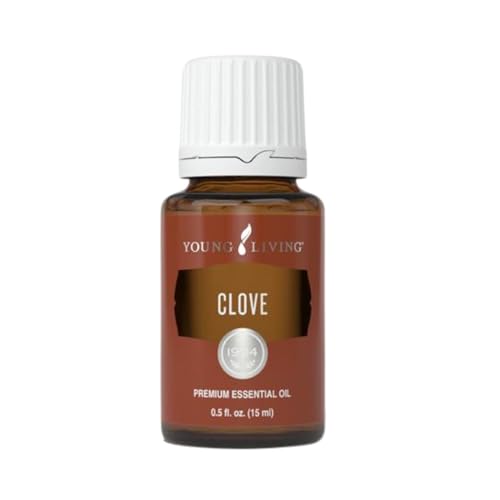
A dash of this premium clove essential oil – which contains antioxidants – in your cleaning spray provides a perfect scent for the transition from fall to winter.
7. Combining with bleach
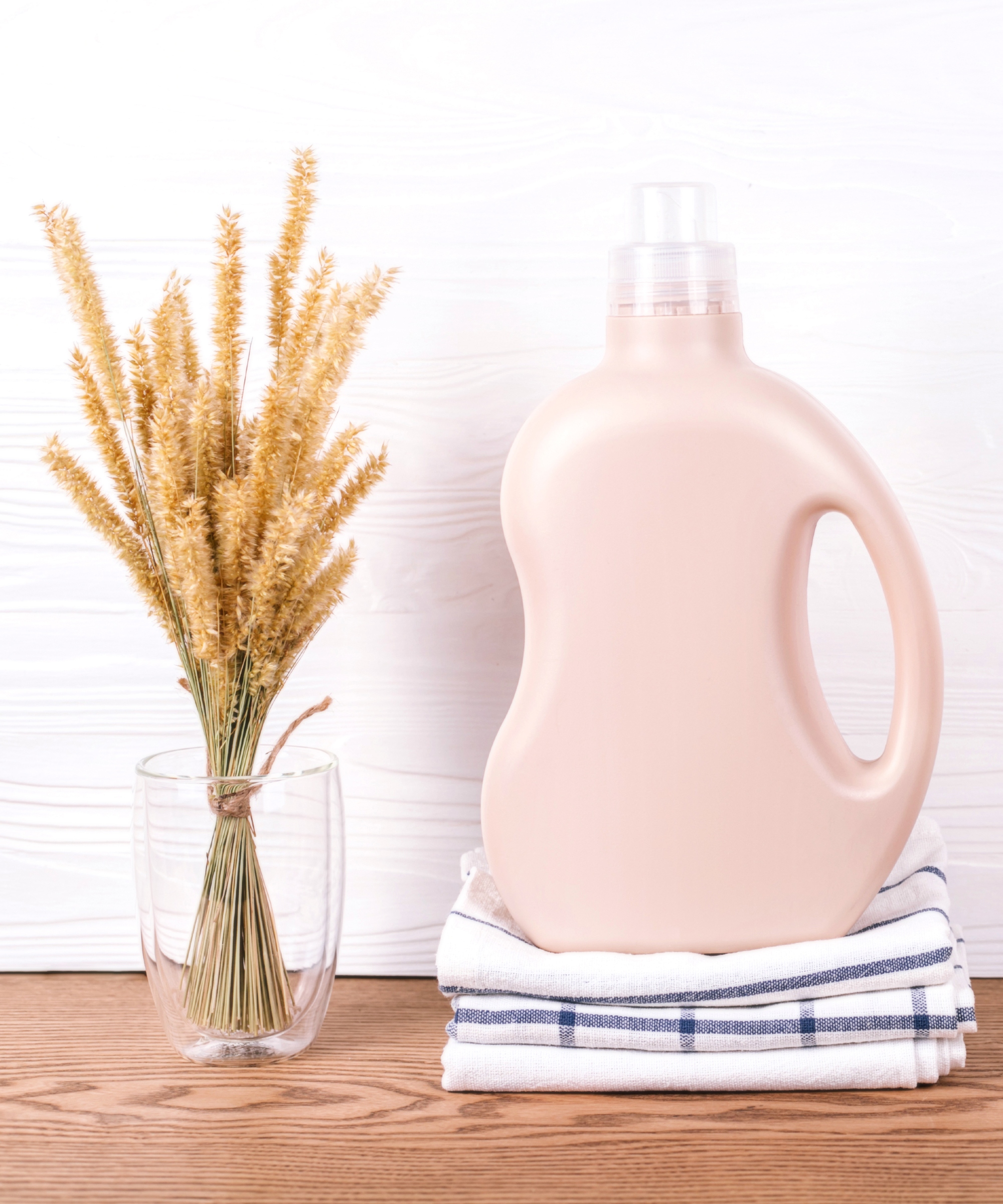
Never mix essential oils with bleach.
Toner says, 'Mixing essential oils with bleach, ammonia, or other strong cleaning agents can produce toxic fumes. This can irritate respiratory systems and is especially dangerous in small, enclosed spaces.
'Instead, opt for natural cleaning combinations, such as essential oils with baking soda for scrubbing or with vinegar for multipurpose cleaning. This preserves the efficacy of both ingredients and avoids creating harmful vapors.'
Toner recommends Arm & Hammer Pure Baking Soda from Walmart, adding, 'This high-quality baking soda works well with essential oils for a non-toxic scrub, suitable for sinks, countertops, and more.'
8. Using citrus oils on stone
Citrus oils may seem innocent enough, but can do serious damage to certain porous surfaces.
Toner says, 'Citrus oils, like lemon and orange, are acidic and can damage natural stone surfaces, such as marble and granite or quartz, by etching and dulling them.
'For stone surfaces, use pH-neutral cleaners or essential oils that are non-acidic, like lavender or tea tree, diluted with water. These provide a gentle clean without risking damage to the surface.'
Toner recommends Weiman Granite Cleaner and Polish from Amazon, adding, 'Specifically formulated for stone, this cleaner can be followed by a small amount of lavender oil diluted in water for a fresh scent without the acid content.'
For more tips on cleaning stone, check out our guide to how to get hard water stains off granite.
So there you have it – eight essential oil cleaning mistakes, and what to do instead. Avoiding these essential oil mistakes will help you create a safer, more effective cleaning routine that harnesses the natural power of these oils without damaging surfaces or reducing their impact.
Next, check out our best essential oil diffuser for 2024 – tested by a Master Perfumer.
Sign up to the Homes & Gardens newsletter
Design expertise in your inbox – from inspiring decorating ideas and beautiful celebrity homes to practical gardening advice and shopping round-ups.

With more than a decade of experience writing news, lifestyle, consumer, and human interest articles for a wide range of national and international publications, Andy is a highly-qualified journalist writing features for the national press. From front porch to backyard, attic to basement, Andy has written about every area of the home. He specialises in bringing together the best industry expertise to answer all of your most pressing home and garden questions about seasonal and everyday cleaning, decluttering, organizing and DIY.
-
 Kris Jenner's 'organic modern' living room champions the most talked-about trend of 2025 – it's the new way to do luxe-minimalism
Kris Jenner's 'organic modern' living room champions the most talked-about trend of 2025 – it's the new way to do luxe-minimalismSimple silhouettes, organic textures, and industrial nuances infuse functional pieces with elegance to create an effortlessly chic and easy-to-live-with living space
By Jennifer Ebert Published
-
 I’m an HVAC technician, and this is when I turn my AC on each year – plus 5 checks I always do beforehand
I’m an HVAC technician, and this is when I turn my AC on each year – plus 5 checks I always do beforehandSave yourself an AC hassle by running my checks and turning it on before big heat hits
By Josh Mitchell Published
-
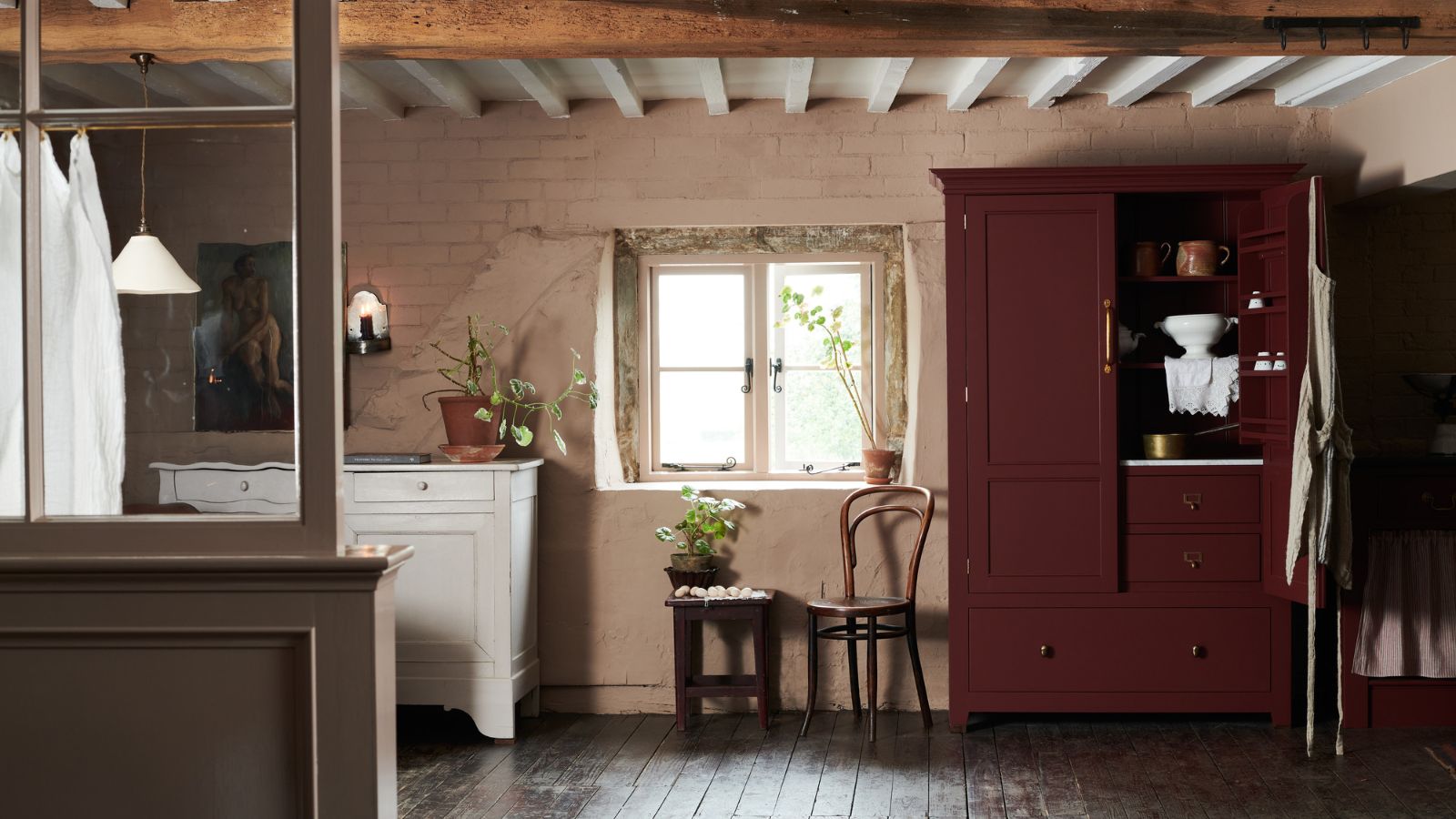 'Wick away the ick' – 6 things people with clean laundry rooms always do to make this hardworking space shine
'Wick away the ick' – 6 things people with clean laundry rooms always do to make this hardworking space shineThese tips on how to clean your laundry room will banish grime
By Seraphina Di Mizzurati Published
-
 How safe are carpet deodorizers? As a seasoned vacuum tester, I urge you to try alternative methods
How safe are carpet deodorizers? As a seasoned vacuum tester, I urge you to try alternative methodsNatural cleaning is always the answer
By Dan Fauzi Published
-
 'The world will not end' – 5 cleaning habits to quit for a happier, easier life, and what to do instead
'The world will not end' – 5 cleaning habits to quit for a happier, easier life, and what to do insteadGet your home sparkling, minus the stress
By Ciéra Cree Published
-
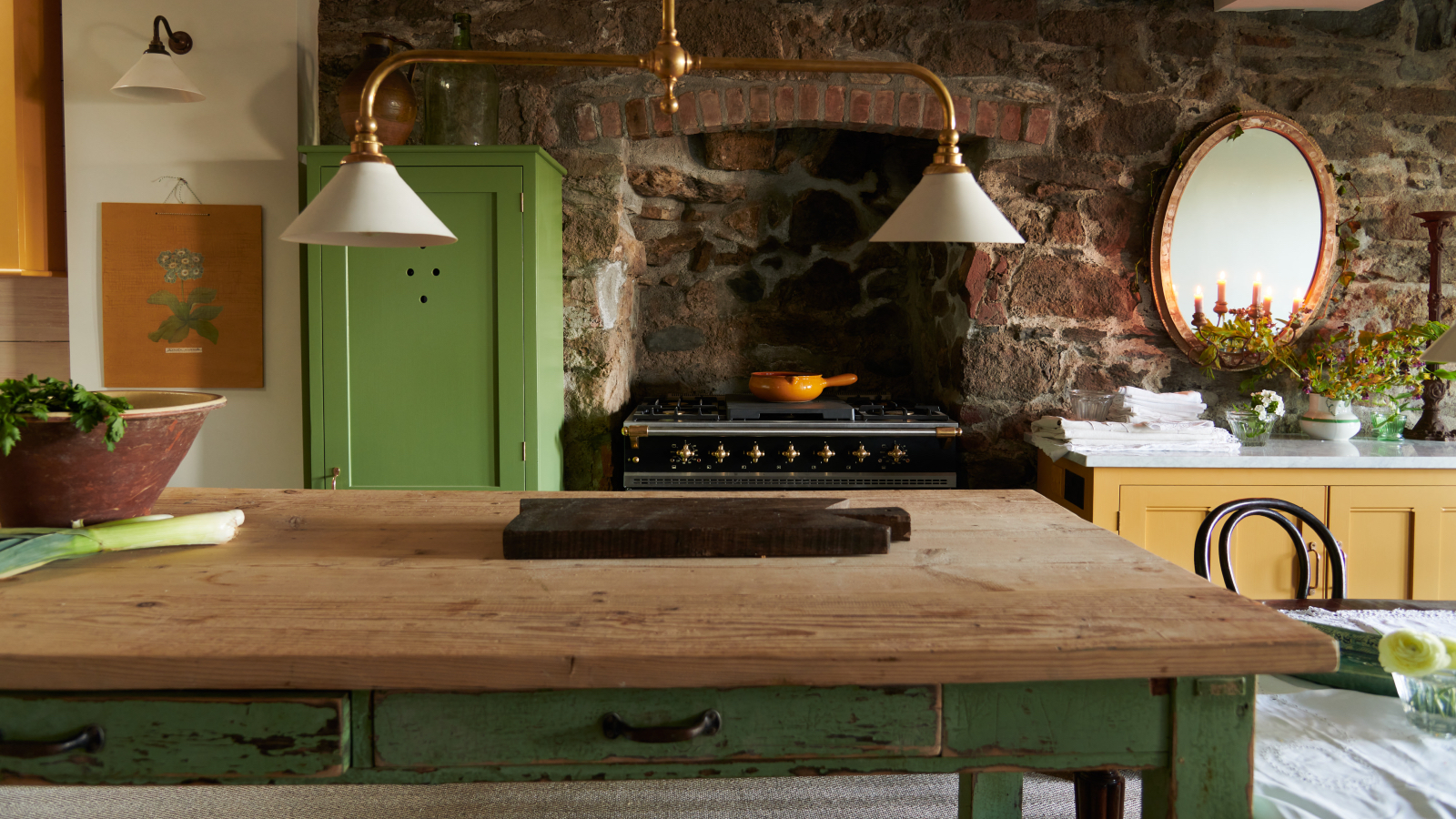 9 things you can clean with glycerin – this cheap and natural cleaner is perfect for indoor and outdoor use
9 things you can clean with glycerin – this cheap and natural cleaner is perfect for indoor and outdoor useFrom patio furniture to silverware, this hydrating and gentle cleaning agent will work miracles
By Ciéra Cree Published
-
 How to clean a terrazzo floor in 5 steps – expert tips to scrub, shine, and seal this sparkling floor finish
How to clean a terrazzo floor in 5 steps – expert tips to scrub, shine, and seal this sparkling floor finishAvoid damage and protect it's shine with these expert tricks
By Chiana Dickson Published
-
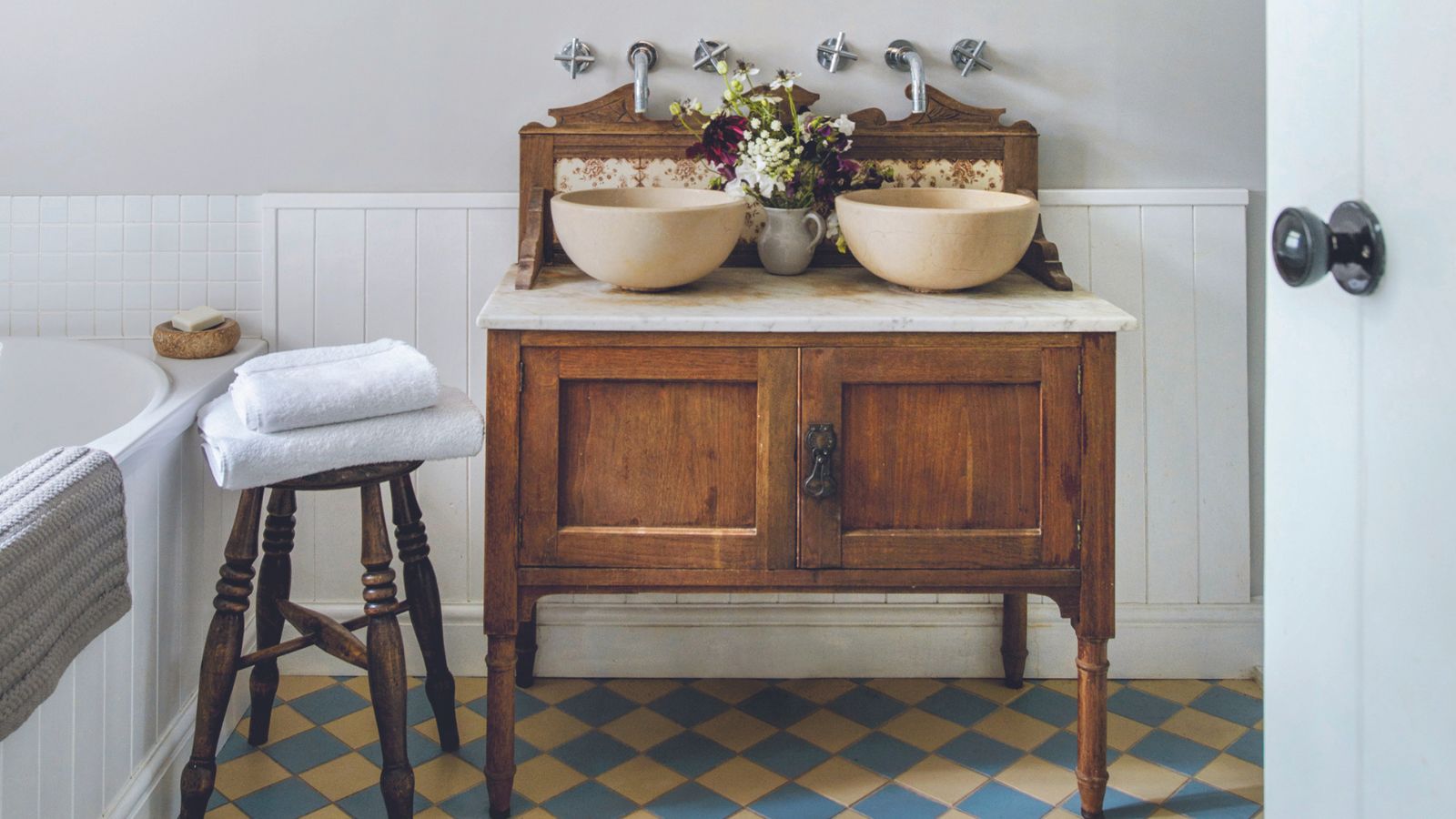 I'm 5ft2 and this telescopic scrubber safely and easily banished mold and grime in even the hardest-to-reach areas of my bathroom in less than 15 minutes
I'm 5ft2 and this telescopic scrubber safely and easily banished mold and grime in even the hardest-to-reach areas of my bathroom in less than 15 minutesMy bathroom has never looked better thanks to this handy $16 two-in-one tool from Joseph Joseph
By Ottilie Blackhall Published
-
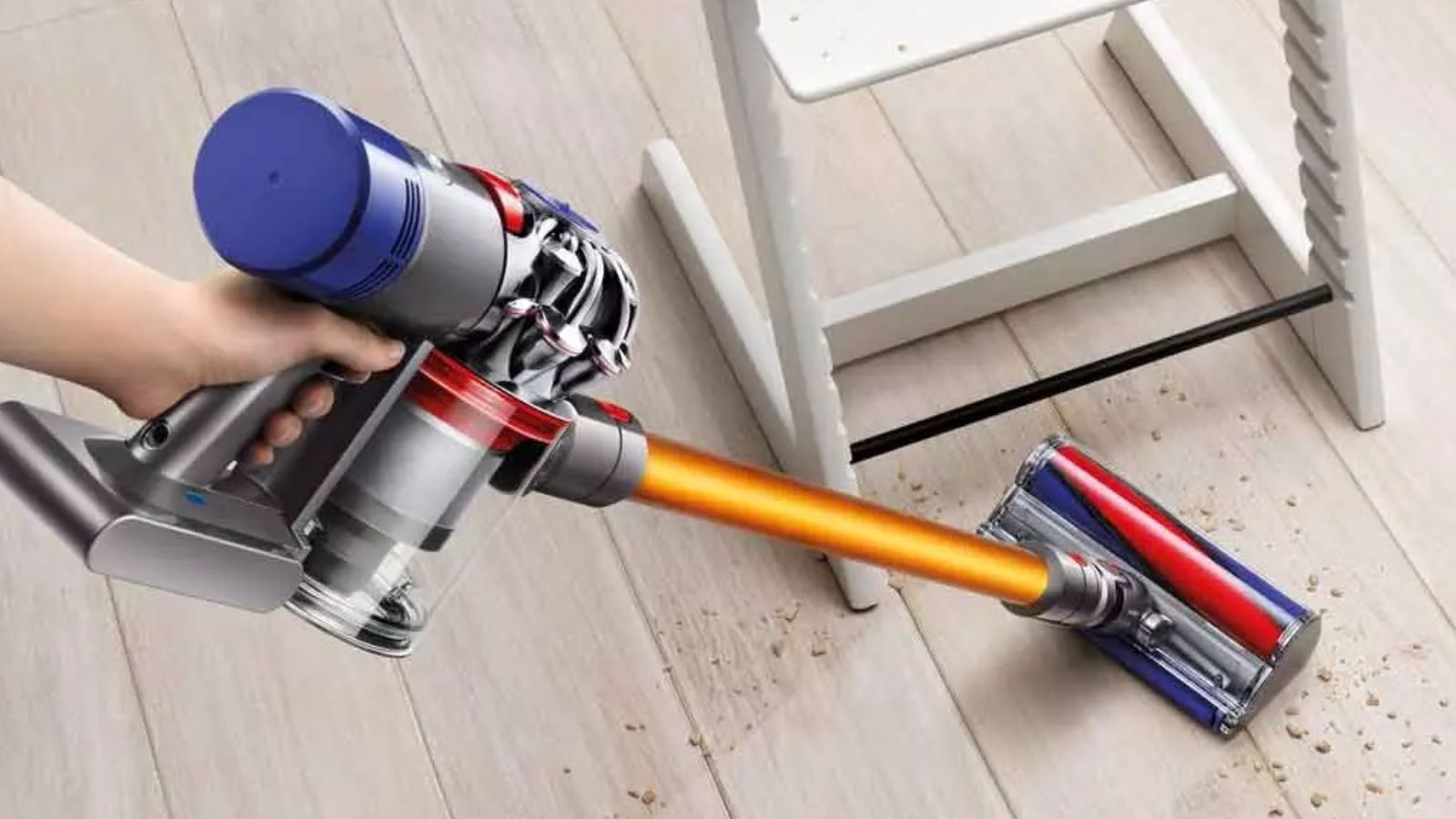 A $170 limited-time discount makes this the most affordable Dyson cordless vacuum on the market right now
A $170 limited-time discount makes this the most affordable Dyson cordless vacuum on the market right nowYears after its release, the Dyson V8 still impresses us with its features and power
By Dan Fauzi Published
-
 My Bissell pet vacuum was struggling until I cleaned the filter – here's how to do it in three quick steps
My Bissell pet vacuum was struggling until I cleaned the filter – here's how to do it in three quick stepsIt doesn't take long to restore your Bissell vacuum's suction
By Dan Fauzi Published